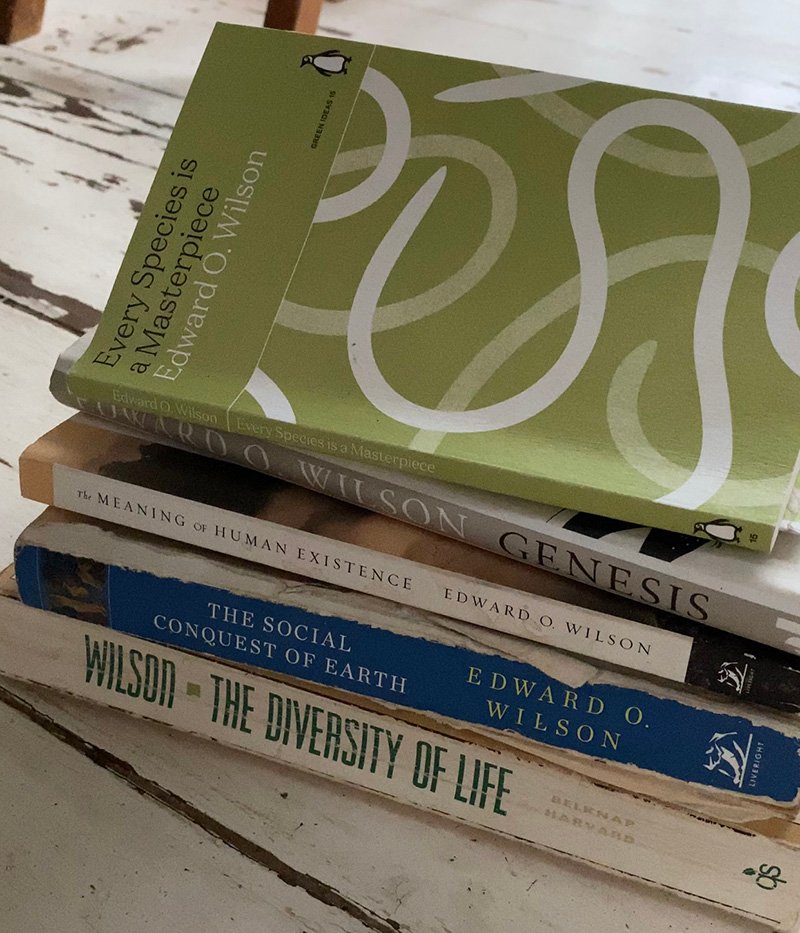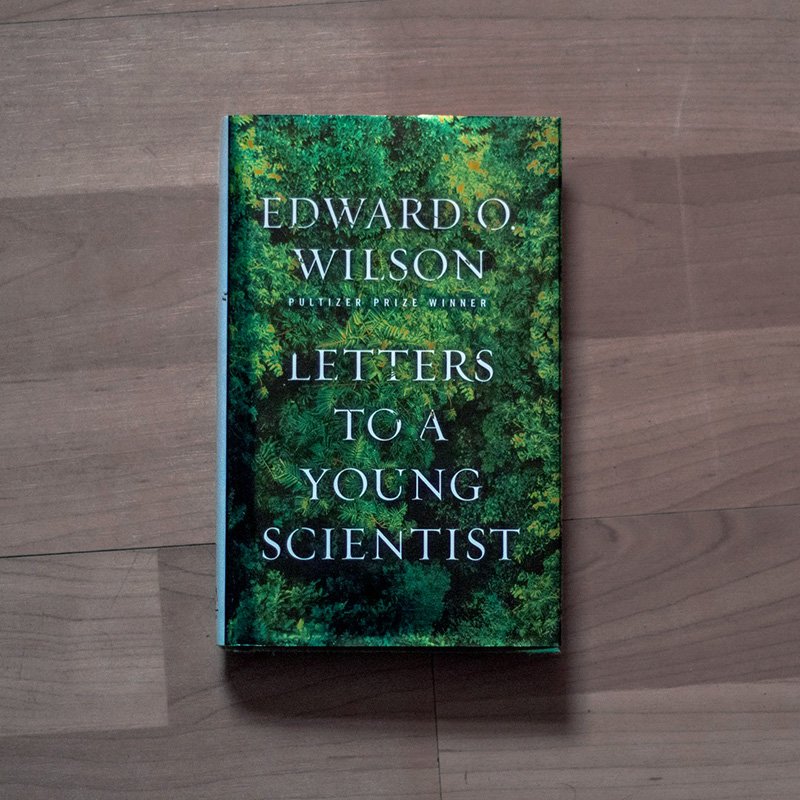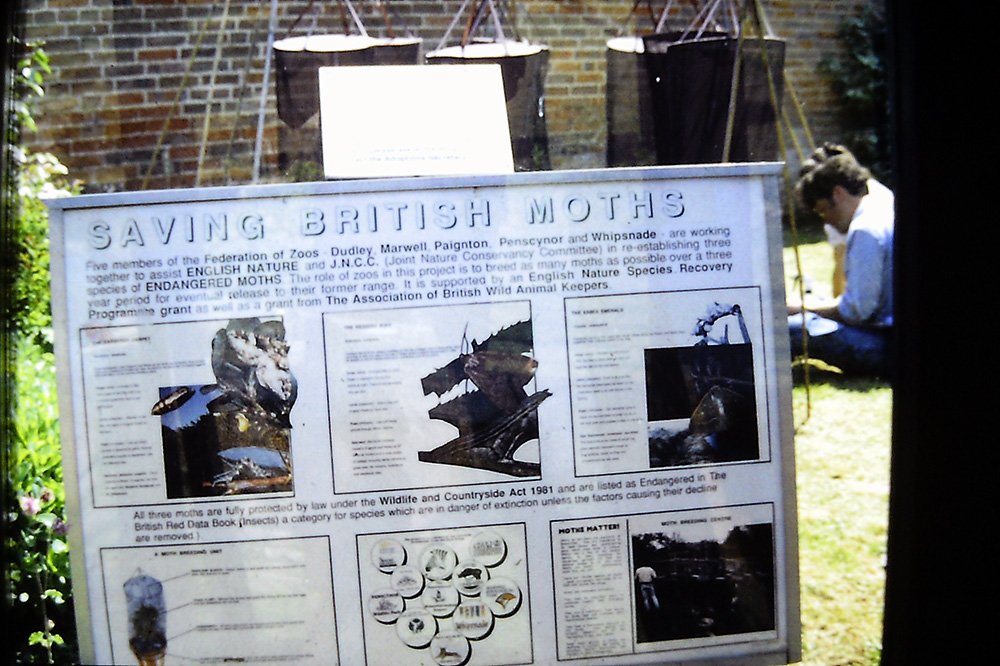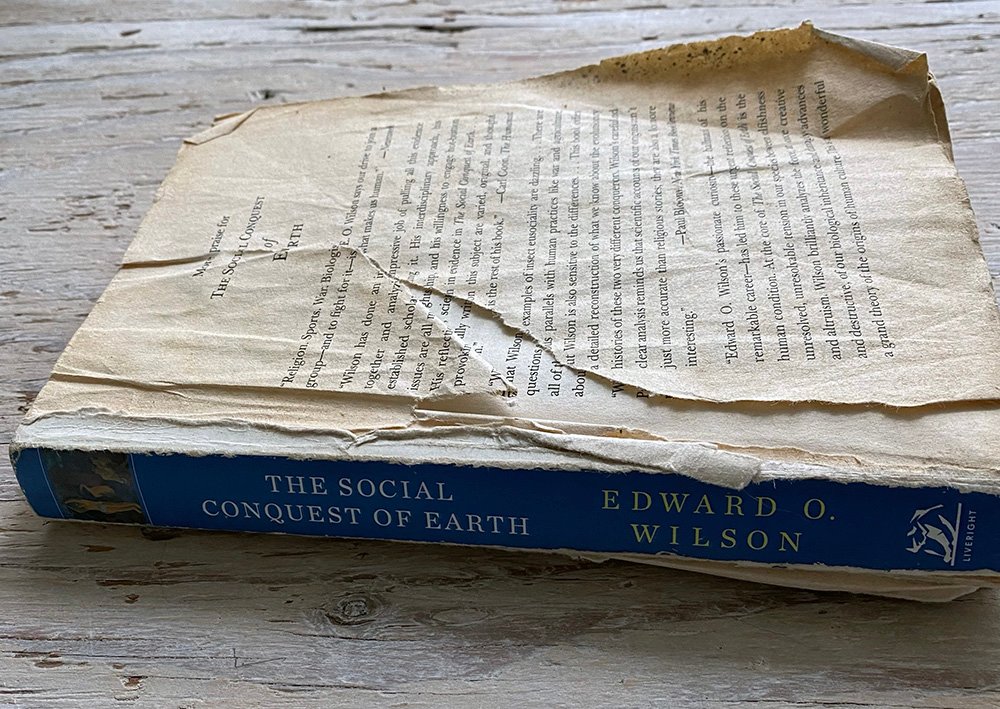Preserving Our Biosphere – A Tribute to Edward O Wilson
I had the new experience yesterday evening of reading a book by someone I thought was alive that same morning but had found, during the day, that they’d died. Reading on, it was unsettling, upsetting, and made their urgent plea all the more urgent. As they are not fighting anymore, they are among the relics and ruins of the fight to preserve our biosphere.
A Bright Light
Just occasionally, a person comes along who shines brightly amongst humanity. Darwin, Gandhi, Nelson Mandela, Martin Luther King and Muhammad Ali are fairly recent and popular examples. For me, Darwin’s embers are still glowing brightly. But for other people, with different priorities or interests, the glow of their fire can die away until they are almost forgotten. Few people I talk to have heard of the author mentioned above. Although his name will have flitted across things they have read or watched on TV. Once hooked onto his trajectory though, it becomes clear he was a mega-mind naturalist and possibly the clearest and most prolific thinker (on nature at least) of our generation.
Edward Wilson
Edward O. Wilson, the American Harvard University professor, one of my favourite authors, didn’t die yesterday, but that’s when I felt it. He died on Boxing Day, the day after I was given yet another of his books for Christmas, whilst I was still in the middle of reading one. As a boy, his nickname was ‘Snake-Wilson’ but he made his name studying ants. He wasn’t my first Edward Wilson though.
Before I discovered Snake O. Wilson, my naturalist artist hero was Edward A. Wilson of the Antarctic. He died with Scott in the tent on that famous Last Expedition. However he left behind a treasure trove of field sketches, finished artwork and nature observations. He also left about 40 pounds of geological specimens in the sledge for his bereaved colleagues to take back to Britain. The rival Norwegian Party, who made it to the pole ahead of them, were not there for art or science. They were there to be first to the south pole.
The Diversity of Life
Edward O crept into my life with quotes here and there which I thought were attributed to Edward A. Eventually, sometime in the 1990s, I read a recommendation for one of his books which I followed up. The recommendation was for anyone who wanted a hopeful view of planet earth and a clear valuation of the treasure we own. The book was The Diversity of Life. Wilson had a tendency to be clear, scientific and upbeat, regardless of data he was dealing with. David Attenborough was like that too but more recently, both have downgraded their optimism to something more urgent.
The Holy Grail
Most of O’s writings remind me of the central message of the film The Fisher King. Where we are reminded that the most precious thing we seek, may be in our hands already. A’s artwork and life story is one of pure appreciation of nature. O warns us we may lose the holy grail before we even find it. But he shows us what it is and how we might find it. Obviously, I’m a little biased but I think he is right.

The latest writings of O I have read, mostly bought for me by Ben, (who is the epitome of home for a more naturalist future for the world,) have tackled big subjects. Genesis and the Meaning of Human Existence should, I think, be on the school curriculum and in every politician’s pocket.
In Biophilia, O slams the rubber stamp of approval down on the title of naturalist. Of being into nature and lays out why we are as we are. It was possibly up until the point that I read it, that I felt a little embarrassed of my chosen path. That I was following something that could only happen because industry, the ministry of defence and the infrastructure of civilisation created a bubble in which such fancies could happen. When agriculture, defence, big business, the economy, energy and money, money, money are what grown ups and real workers do. But the reality is that all our original ancestors were naturalists, by instinct. Our love and knowledge of nature, our home filled with our companions, has been squeezed by power and fashion, into a minority. In the Future of Life, O takes an exemplary optimistic view.
Where to start
Perhaps, if you have not read his work, the place to start is Letter to a Young Scientist, no matter what your age is. If you enjoyed that, read his trilogy: The Social conquest of Earth followed by the Meaning of Human Existence concluding with his most recent book Half Earth: our planet’s fight for life. After that you’ll be on a roll. We take O’s words, his warnings and recommendations very very seriously. Along with David Attenborough, he delivers to us his findings, analysis and interpretation of what we have and what we are losing.

This message is why we put pictures on T-shirts. Not to look pretty or cool, but to get the biodiversity message, it’s urgency, out onto the streets and to make caring for your planet a cool state of mind, to start conversations about nature, conservation and our role in protecting the planet. Our storybooks and pictures are made to get nature and the conservation message into the nursery, bedroom, living room and classroom, where people dwell on the purpose of their own lives. It’s only then that the hard work begins: perhaps some sacrifices and statements and acquired behaviours that might truly help us all.
Our precious biosphere
The quotes that follow are from Edward O. Wilson on our precious biosphere to put it holistically. But his revelations, or his summing up of revelations from around the world, and the loss of him while I was in the middle of one of his books, remind me of an experience quite early in my conservation career.
Lost forever
Having been recruited by the Zoo Federation to co-ordinate a working group of invertebrate specialists, I approached the government conservation agency (NCC/English Nature) to ask if they had species they thought zoo breeding and exposure could be useful for. Whatever you might think of zoos, British BIAZA zoos alone attract over 20 million visitors annually. They are places with great potential for delivering conservation and environmental messages to audiences as big as those who watch TV. They came back to us with a request for help with 3 British moths.

We produced an information panel – the first multi-zoo display of its kind I was told – and we recruited breeders nationwide.
The barberry carpet moth was then known from a single hedgerow in Suffolk, but we were able to help. The reddish buff was down to two populations in Hampshire and the Isle of Wight. But we were able to help. The Essex Emerald, the prettiest of the three to most human eyes, was down to a single known site and declining. So a few caterpillars had been taken away for captive breeding. As suspected, the wild population disappeared but the captive population survived.
We began to search for sources of its food plant, sea wormwood, and had breeding nets ready. But as spring 1993 turned to summer, it became clear that the captive population had also died out. Lost forever on our watch, and for me personally, on my watch; could I have hurried our work along?

We created the Moths Fine Art prints to celebrate these three beauties
Look Up!
This is O’s message and that of A before him. Biodiversity is a trove of treasures which, if lost, we can never regain. We recently watched the film Don’t Look Up, which I’m told is intended to show how we are behaving towards climate change. It’s worth a watch but I would say it doesn’t even touch our attitude towards biodiversity loss.
Wilson points our eyes skyward for a moment when he tackles the views of those who suppose that “a prosthetic environment is within the power of technology.” They think, he says, “let species die if they block progress. Scientific and technological genius will find another way. Look up and see the stars awaiting us”. O is not so sure that we’ll find what we’re looking for among those stars. But perhaps he’s among them now. I look up and see vapour trails, humans gleefully ignoring and contributing to environmental destruction beneath their very undercarriages. There’s no doubt that extinction has accelerated since we humans took flight and I don’t see either slowing down.
O’s Pulitzer prize winning books (for general non-fiction) are for On Human Nature and The Ants. I have not read either yet but I’m a fan all the same.
Some quotes from Edward O. Wilson
Young or old, all living species are direct descendants of organisms that lived 3.8 billion years ago. They are living genetic libraries, compose of nucleotide sequences, the equivalents of words and sentences, which record evolutionary events all across that immense span of time. Organisms more complex than bacteria – protists, fungi, plants, animals – contain between 1 and 10 billion nucleotide letters, more than enough in pure information to compose an equivalent of the Encyclopaedia Britannica.
Edward O Wilson
Pull out a flower from its crannied retreat, shake the soil from the roots into a cupped hand, magnify it for close examination. The black earth is alive with a riot of algae, fungi, nematodes, mites, enchytraeid worms, thousands of species of bacteria. The handful may be only a tiny fragment of one ecosystem, but because of the genetic codes of its residents, it holds more order than can be found on the surfaces of all the planets combined. It is a sample of the living force that runs the earth – and will continue to do so with or without us.
Edward O Wilson
Human history did not begin a mere 8,000 or 10,000 years ago with the invention of agriculture and villages. It began hundreds of thousands or millions of years ago with the origin of the genus Homo. For more than 99 percent of human history people have lived in hunter gatherer bands intimately involved with other organisms.
Edward O Wilson
There is no question in my mind that the most harmful part of ongoing despoliation is the loss of biodiversity… If diversity is sustained within wild ecosystems, the biosphere can be recovered and used by future generations to any degree desired and with benefits literally beyond measure. To the extent that it is diminished, humanity will be poorer for all generations to come.
Edward O Wilson
The number of species on earth is being reduced by a rate of 100 to 1,000 times higher than in prehuman times
Edward O Wilson
If there are 10 million species… – a conservative estimate – the rate of loss may be 30,000 a year, 74 a day, 3 an hour. This rate, though horrendous, is actually a minimal estimate, in the sense that it is based on the area-species relation alone. It does not take into account extinction due to pollution, disturbance short of clear-cutting, and the introduction of exotic species.
Edward O Wilson
Humanity needs a vision of an expanding and unending future. That spiritual craving cannot be satisfied by the colonization of space. The other planets are inhospitable and immensely expensive to reach. The nearest stars are so far away that voyagers would need thousands of years just to report back. The true frontier for humanity is life on earth – its exploration and the transport of knowledge about it into science, art and practical affairs.
Edward O Wilson
Despite the fact that living organisms compose a mere ten-billionth part of the mass of Earth, biodiversity is the most information-rich part of the known universe.
Edward O Wilson
The evidence of swift environmental change calls for an ethic uncoupled from other systems of belief. Those committed by religion to believe that life was put on earth in one divine stroke will recognise that we are destroying the Creation, and those who perceive biodiversity to be a product of blind evolution will agree.
Edward O Wilson
Human beings are not wicked by nature. We have enough intelligence, goodwill , generosity and enterprise to turn the earth into a paradise both for ourselves and the biosphere that gave birth to us.
Edward O Wilson
Hope and wish for otherwise as we will, there is no evidence of an external grace shining down upon us, no demonstrable destiny or purpose assigned us, no second life vouchsafed us for the end of the present one. We are, it seems, completely alone. And that, in my opinion, is a very good thing. It means we are completely free. As a result we can more easily diagnose the etiology of the irrational beliefs that so unjustifiably divide us. Laid before us are new options scarcely dreamed of in earlier ages. They empower us to address with more confidence the greatest goal of all time, the unity of the human race.
Edward O Wilson
Epitaph
An epitaph?… I suspect O wouldn’t want me, or anyone, to wish him well now or to rest in peace. Until evidence based research has proved otherwise, I think he would want us to skip any messages to the great beyond and just move on with what he was trying to show us and not get too sentimental about it. He was special though. An unabashed scientist and conservationist with a heart and a deep love of human creativity and potential that flowed through life from the largest, to every tiny living thing. I think he left a legacy he could be proud of and I would say, if every human was like him in character, the World would be about as settled and safe as it could possibly be. As far as science allows, I think that makes him a prophet!





